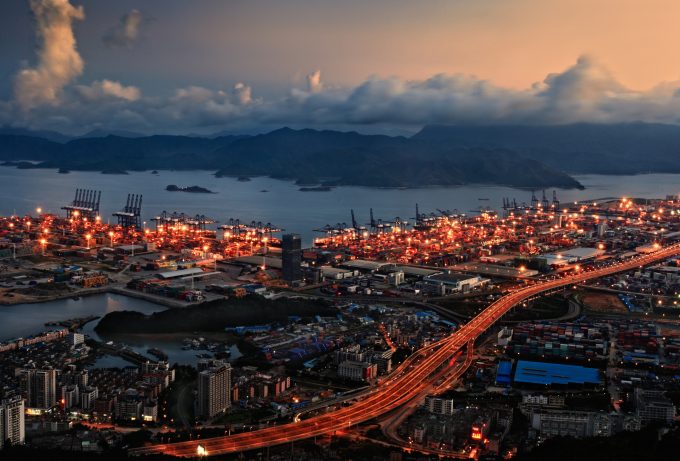Schedule reliability on the rise despite European port congestion
Despite ongoing reports and warnings of worsening port congestion levels in North European ports, container ...

Yantian International Container Terminal (YICT) has extended its export suspension until Monday, as port congestion worsens throughout China.
The Shenzhen gateway was due to resume accepting export containers today, following a two-day suspension starting Tuesday evening.
However, according to an update from Maersk, it was extended yesterday ...

Comment on this article